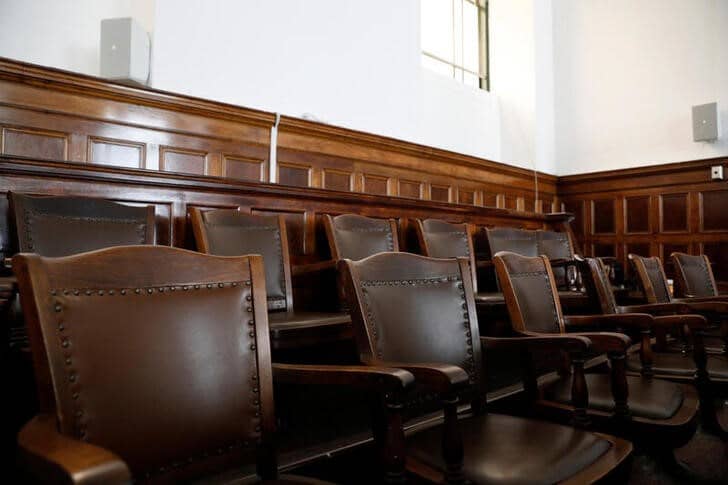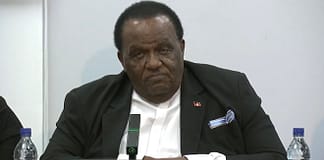
ANTIGUA AND BARBUDA (Tier 2)
Antigua has been placed on Tier 2 in the latest Trafficking in Persons (TIP) report, primarily because of its lax prosecution of trafficking cases.
The report highlights that some efforts have been made to combat human trafficking.
This ranking serves as a call to action for Antigua to strengthen its legal framework and enforcement measures to better protect victims and hold perpetrators accountable.
PROSECUTION
The government slightly increased prosecution efforts. The 2010 Trafficking in Persons (Prevention) Act criminalized sex trafficking and labor trafficking, and prescribed penalties of up to 20 years’ imprisonment and a fine for offenses involving an adult victim and up to 25 years’ imprisonment and a fine for those involving a child victim.
These penalties were sufficiently stringent and, with respect to sex trafficking, commensurate with those for other grave crimes, such as rape.
The government initiated investigation of 26 suspects in 25 cases (12 suspects for sex trafficking, four for labor trafficking, and 10 for unspecified forms of exploitation), compared with 12 suspects in 10 cases during the previous reporting period.
The government did not report initiating any prosecutions for the fourth consecutive year. Authorities continued prosecution initiated in a previous reporting period of one alleged sex trafficker, including by assigning a hearing date for the case.

The government has never convicted a trafficker. The government did not report any investigations, prosecutions, or convictions of government employees complicit in trafficking offenses. The government cooperated with one foreign government on an investigation involving potential child victims.
The Director of Public Prosecution prosecuted trafficking cases; the High Court would hear all trafficking cases if they reached that stage.
In part due to courts having insufficient financial and human resources, courts continued to experience substantial backlogs – including for the one ongoing prosecution – following pandemic-related restrictions that were lifted in 2022.
Courts used judge-only trials for prosecutions, including those involving trafficking, in order to address backlogs. Courts could use virtual testimony from overseas for victim-witnesses; written testimony was also an available option, but the government did not report using either of these for trafficking cases.
The Trafficking in Persons Prevention Unit (TIPPU) was responsible for investigating trafficking cases and included three full-time officers following the retirement of a fourth officer who continued to work with the TIPPU as a consultant. The TIPPU also coordinated victim identification and services, training and outreach, and its Case Task Force operations.
The Case Task Force maintained daily communication with TIPPU and was composed of five additional members from the police, the Office of National Drug and Money Laundering Control Policy, the Immigration
Department, and the Family and Social Services Division, along with a victim care coordinator, who were all appointed on a part-time basis. Outside observers noted the country’s investigative capacity remained weak, including in relation to evidence collection and management, with limited capacity and difficulties bringing cases to prosecution.
For the second year, the government participated both in a regional operation funded by a foreign donor and in an operation funded by an international organization.
The government trained police – including those working on cybersecurity – and immigration, customs, and labor officials, as well as staff from TIPPU, the Case Task Force, the AIDS Secretariat, and NGOs on topics including legal frameworks and definitions, investigation and interview techniques, victim identification and referral, and SOPs.
Advertise with the mоѕt vіѕіtеd nеwѕ ѕіtе іn Antigua!
We offer fully customizable and flexible digital marketing packages.
Contact us at [email protected]
















Mehul Choksi, now is the time to talk. Tell everybody what happened to you and how you ended up in Dominica.
Comments are closed.